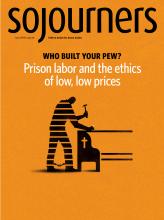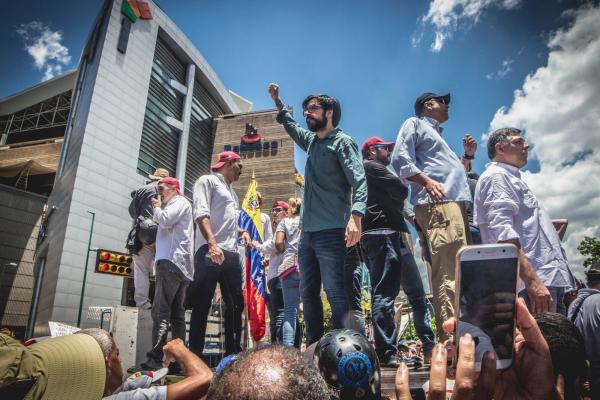THE DAY A massive electrical blackout plunged Venezuela into darkness, my neighbor Juan Carlos was finally heading back to seventh grade.
It had been four months since he had entered a classroom. His teachers had been missing since November, their $8 a month salary not covering even the commute. Doing the math, I realized that my two hens earned more with their daily eggs.
Leaving his darkened school, Juan Carlos headed straight to the potato field. I watched from the porch as he dropped to his knees to rastrojear—rake the field with his hands to uncover spuds missed in the harvest. The field’s owner turns a blind eye to kids searching for food this way.
Read the Full Article

Already a subscriber? Login
